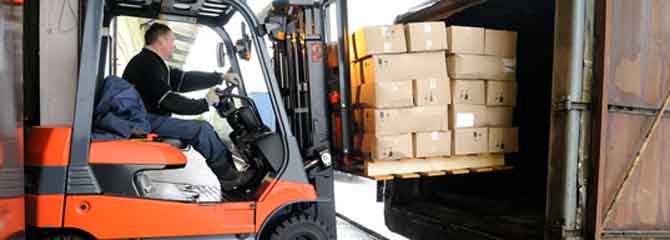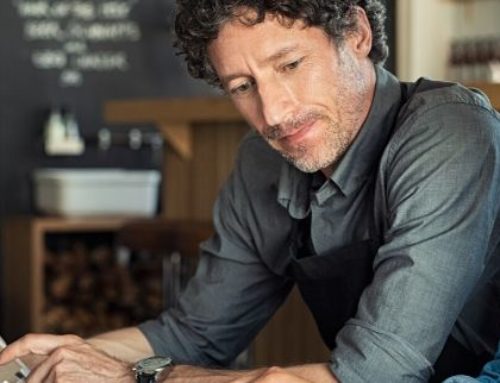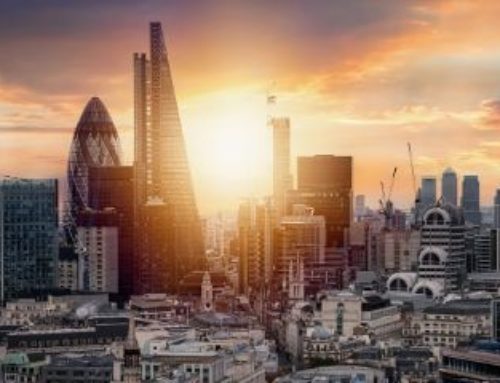[fusion_builder_container hundred_percent=”no” equal_height_columns=”no” menu_anchor=”” hide_on_mobile=”small-visibility,medium-visibility,large-visibility” class=”” id=”” background_color=”” background_image=”” background_position=”center center” background_repeat=”no-repeat” fade=”no” background_parallax=”none” parallax_speed=”0.3″ video_mp4=”” video_webm=”” video_ogv=”” video_url=”” video_aspect_ratio=”16:9″ video_loop=”yes” video_mute=”yes” overlay_color=”” video_preview_image=”” border_color=”” border_style=”solid” padding_top=”” padding_bottom=”” padding_left=”” padding_right=”” type=”legacy”][fusion_builder_row][fusion_builder_column type=”1_1″ layout=”1_1″ background_position=”left top” background_color=”” border_color=”” border_style=”solid” border_position=”all” spacing=”yes” background_image=”” background_repeat=”no-repeat” padding_top=”” padding_right=”” padding_bottom=”” padding_left=”” margin_top=”0px” margin_bottom=”0px” class=”” id=”” animation_type=”” animation_speed=”0.3″ animation_direction=”left” hide_on_mobile=”small-visibility,medium-visibility,large-visibility” center_content=”no” last=”true” min_height=”” hover_type=”none” link=”” border_sizes_top=”” border_sizes_bottom=”” border_sizes_left=”” border_sizes_right=”” first=”true”][fusion_text columns=”” column_min_width=”” column_spacing=”” rule_style=”default” rule_size=”” rule_color=”” content_alignment_medium=”” content_alignment_small=”” content_alignment=”” hide_on_mobile=”small-visibility,medium-visibility,large-visibility” sticky_display=”normal,sticky” class=”” id=”” font_size=”” fusion_font_family_text_font=”” fusion_font_variant_text_font=”” line_height=”” letter_spacing=”” text_color=”” animation_type=”” animation_direction=”left” animation_speed=”0.3″ animation_offset=””]
The Government has taken swift action to close a potential multi-million pound loophole that extends to capital allowances available on plant and machinery acquired under a sale and leaseback arrangement.
The Finance and Leasing Association has told its members that the proposals, in the Finance Bill 2015, will introduce changes to the sale and leaseback rules for capital allowances on plant and machinery.
The legislation will “ensure that where an asset is acquired without incurring expenditure, an entitlement to capital allowances cannot be created by a sale and leaseback or connected party transaction.”
The changes follow investigations by HMRC in which it “became aware of a proposed transaction that seeks to take advantage of a perceived gap in the sale and leaseback rules for capital allowances”.
“The claimed effect of the transaction would be to create tens of millions of pounds of capital allowances in respect of assets where no real expenditure has been incurred. The Government does not accept that these arrangements would have this effect, but we will put this beyond doubt by taking action,” said the HMRC.
The clampdown comes amid concerted Government action to tackle tax avoidance across the board, which has attracted much adverse publicity in recent months.
David Gauke, Financial Secretary to the Treasury, said in a statement: “We have acted quickly to prevent any exploitation of these rules. This Government will not hesitate to eliminate opportunities for avoidance that create significant risk to the Exchequer.”
The new rules apply where a business, or a person with whom they were previously or currently connected, is disposing of an asset that has been acquired without incurring either capital expenditure or “qualifying revenue expenditure”.
“Qualifying revenue expenditure” is expenditure that is incurred at an arm’s length price or, where the person who acquired the asset is a manufacturer and has incurred all the normal costs of manufacturing the asset.
Where the new restriction applies, the person acquiring the asset will be treated, for the purposes of plant and machinery allowances, as having no qualifying expenditure. Sections 70DA, 218, 229A and 242 Capital Allowances Act 2001 will now be amended to include this new restriction.
The Annual Investment Allowance (AIA) is a form of capital allowance for plant and machinery, which controls the amount of capital investment companies can make in business assets, such as plant and machinery, but not vehicles. Once the AIA has been fully utilised, the business can then revert to standard capital allowances.
In most cases, businesses can deduct the full cost of these items from their profits before tax, using the AIA.
Two years ago, the threshold for the AIA stood at just £25,000 per annum. Then, in 2013-14, the Government took the decision to increase this limit to £250,000 and then doubled it again to £500,000 for an extended temporary period until the end of December 2015.
This means that, in the current tax year, any business that outright purchases its business assets can offset the value of the assets up to a maximum of £500,000 directly against their taxable profits in that year – a significant incentive indeed for any business looking to make substantial investment in their business.
However, the current limit is set to expire on January 1 next year, when it reverts back to just £25,000, giving UK businesses just nine months to take advantage of the more generous capital allowance threshold.
What counts as plant and machinery
Plant and machinery includes:
- items that you keep to use in your business
- costs of demolishing plant and machinery
- parts of a building considered integral, known as ‘integral features’
- some fixtures, such as fitted kitchens or bathroom suites
- alterations to a building to install other plant and machinery – this does not include repairs
Integral features
Integral features are:
- lifts, escalators and moving walkways
- space and water heating systems
- air-conditioning and air cooling systems
- hot and cold water systems
- electrical systems, including lighting systems
- external solar shading
What doesn’t count as plant and machinery
You can’t claim capital allowances on:
- things you lease – you must own them
- buildings, including doors, gates, shutters, mains water and gas systems
- land and structures, such as bridges, roads, docks
- items used only for business entertainment, such as a yacht or karaoke machine
If you would like to find out more about the proposed changes in the Finance Bill 2015 covering capital allowances on plant and machinery, then please get in touch.
[/fusion_text][/fusion_builder_column][/fusion_builder_row][/fusion_builder_container][fusion_builder_container hundred_percent=”yes” overflow=”visible” type=”legacy”][fusion_builder_row][fusion_builder_column type=”1_1″ layout=”1_1″ background_position=”left top” background_color=”” border_color=”” border_style=”solid” spacing=”yes” background_image=”” background_repeat=”no-repeat” padding_top=”” padding_right=”” padding_bottom=”” padding_left=”” margin_top=”0px” margin_bottom=”0px” class=”” id=”” animation_type=”” animation_speed=”0.3″ animation_direction=”left” hide_on_mobile=”no” center_content=”no” min_height=”none” last=”true” hover_type=”none” link=”” border_position=”all” align_self=”flex-start” border_sizes_top=”” border_sizes_bottom=”” border_sizes_left=”” border_sizes_right=”” first=”true”][fusion_text]
[/fusion_text][/fusion_builder_column][/fusion_builder_row][/fusion_builder_container]








